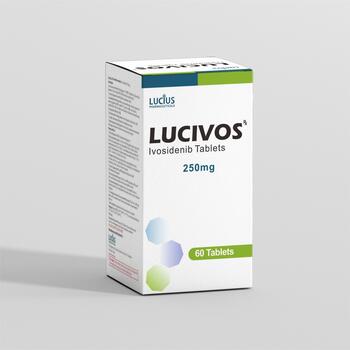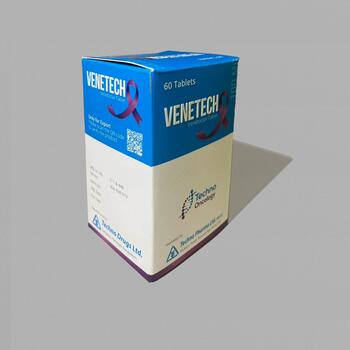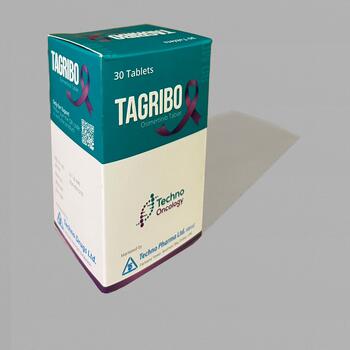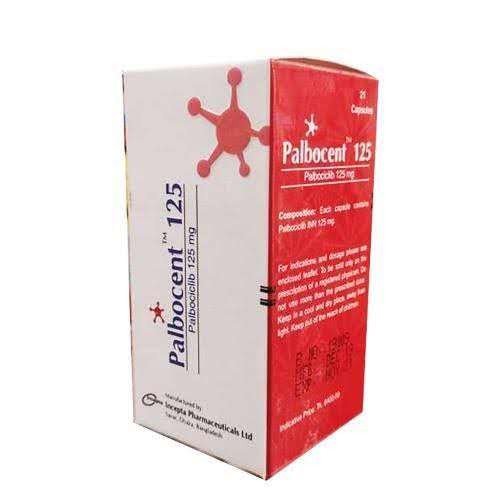艾伏尼布 (Ivosidenib) 250 mg

1. Composition:
The chemical name of Ivosidenib is N-(2-hydroxy-2-(4-(methylsulfonyl)phenyl)-2-(4-(trifluoromethyl)phenyl)ethyl)-2-(4-(trifluoromethyl)phenyl)acetamide. Its molecular formula is C20H20F6N2O3S, with a molecular weight of 438.5 g/mol.
2. Pharmacodynamics:
Ivosidenib is primarily used to treat patients with acute myeloid leukemia (AML) who have IDH1 mutations. By inhibiting the activity of the IDH1 enzyme, Ivosidenib reduces the production of 2-hydroxyglutarate (2-HG), thereby restoring normal cell differentiation and function. This mechanism plays an important role in improving clinical symptoms and extending survival for patients.
3. Usage Method:
Ivosidenib is typically administered in the form of oral tablets, with a recommended dosage of 500 mg once daily. The specific dosage and treatment cycle should be adjusted based on the patient’s condition and tolerance. During treatment, patients need to undergo regular blood tests to monitor possible side effects and efficacy.
4. Research & Development History:
Ivosidenib was developed by Agios Pharmaceuticals. Its research and development began with an in-depth study of IDH1 gene mutations, which were found to play a critical role in various malignant tumors. Ivosidenib received FDA approval in 2017, becoming the first drug specifically targeting IDH1 mutations in acute myeloid leukemia, marking a significant advancement in targeted therapy for hematologic malignancies.
5. Mechanism of Action:
Ivosidenib specifically inhibits the activity of the IDH1 (isocitrate dehydrogenase 1) enzyme, thereby lowering the levels of 2-hydroxyglutarate. The accumulation of 2-hydroxyglutarate interferes with normal cell differentiation, leading to the proliferation of leukemia cells. By restoring the normal function of IDH1, Ivosidenib promotes the differentiation of leukemia cells and inhibits their proliferation, thereby improving clinical symptoms in patients.
6. Summary:
Ivosidenib is a targeted drug for IDH1 mutations, primarily used in the treatment of acute myeloid leukemia. It restores normal cell function by inhibiting the activity of the IDH1 enzyme, improving the quality of life and survival of patients. The approval of Ivosidenib represents an important breakthrough in the treatment of AML.







